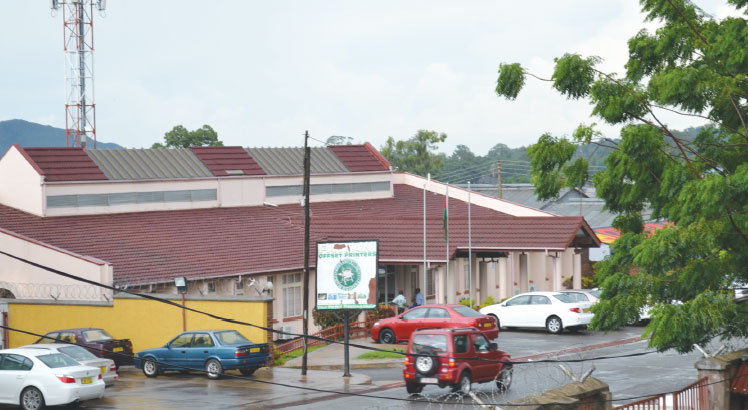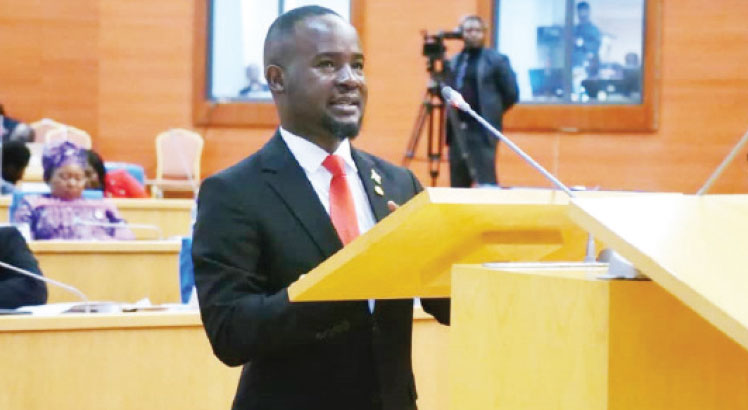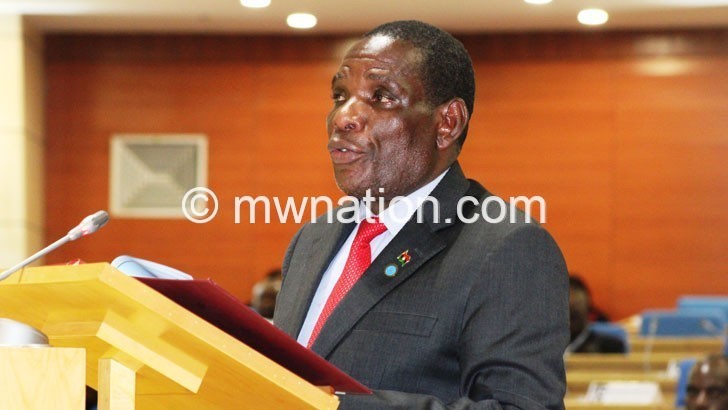Dead monopolies: a drain on government resources
Despite operating in market environments where there is no competition, State-Owned Enterprises (SOEs ) continue operating at a loss and remain a major drain on government resources with only the regulators turning up profits in the past three years.
An independent analysis by Business Review shows that only SOEs involved in regulation, the Malawi Communications Regulatory Authority (Macra), the Malawi Bureau of Standards (MBS), the National Construction Industry Council, Malawi Gaming Board (MBG) and the Tobacco Control Commission (TCC) remitted dividends to the government.
Performance of the SOEs
In 2017, Macra, Malawi Bureau of Standards (MBS), National Construction Industry Council (NCIC), Malawi Gaming Board (MGB) and Air Cargo Malawi Limited—out of 28 companies declared dividends to the government.
In 2018, six companies, Tobacco Control Commission (TCC), Macra, Malawi Housing Corporation (MHC), MBS, MGB and NCIC declared dividends to the government.
In 2019, only Macra and MBS declared dividends.
In 2020, only Macra, Malawi Energy Regulatory Authority (Mera), MGB, and NCIC declared dividends to the government.

Trading companies operating at a loss
Over the same period, the government has disbursed payouts to several companies, including utility service providers Electricity Supply Corporation of Malawi (Escom) and the Water Boards have been operating at a loss despite operating in market environments where they are monopolies.
In 2020, the last year where verified records are available, three companies—the Agricultural Development and Marketing Corporation (Admarc), Southern Region Water Board (SRWB) and State broadcaster, the Malawi Broadcasting Corporation (MBC) received payouts from the government.
In the previous year, the government disbursed bailouts to four other trading companies—Blantyre Water Board (BWB), the Northern Region Water Board (NRWB) and Admarc.
Call for reforms
The failure of the SOEs to remit dividends, coupled with their continuous need for government bailouts prompted concerns from both local analysts and multilateral institutions such as the International Monetary Fund (IMF) and the World Bank.
The consolidated SOE reports released by the Ministry of Finance and Economic Affairs show that the service providers, the water boards and Escom have largely underperformed because the tariffs they charge for their services are too low to cover their operational expenses.
On Admarc, a long-standing internal conflict between commercial and social objectives, despite repeated attempts over the years to address the problem. This has resulted in a continuing lack of clarity and inadequate organisation and accounting separation between the two streams of activities.
According to the 2019/20 issue of the Consolidated SOE report, the State-owned generated K33.5 billion. Of that amount, only K13.2 billion were actual sales, while K19.8 billion of the 2020 revenues were other revenues of which a large proportion were invoiced to government for undertaking social obligations on its behalf.
The arrears owed by the government to SOEs, severely limit their cash flows, liquidity and capacity to remit dividends to the government.
To resolve the challenge, the Malawi Government, through the Ministry of Finance and Economic Affairs, committed in a memorandum of Economic and Fiscal Policies signed with the IMF to develop an arrears clearance management strategy to resolve all debts owed to parastatals.
Old problems remain
But the comptroller of statutory corporations Peter Simbani and corporate governance expert James Khomba say more needs to be done before the SOEs can be profitable.
Khomba, a professor at the Malawi University of Science and Technology, says the political administration will need to recruit competent people in the boards and management positions at parastatals to ensure that public companies are run by people with the technical skills to handle corporate challenges as they unfold.
He said: “The biggest problem is that the boards of these parastatals are not filled based on merit and competence. That creates a challenge when they have to provide oversight on the corporate side of the SOEs and implement reforms to make corporations more competitive.
“As a result, the parastatals underperform because the corporate decision are influenced by patronage. And the boards and the leaders in these institutions can act as they please because they do not have any key performance indicators.”
On his part, Simbani, said the situation at SOEs is steadily improving, but cautioned against celebrating too early.
In a telephone interview, he said: “We are still owed arrears, so we still cannot remit dividends. The promissory notes are a promising enterprise, but it is still too early to tell if they will produce the intended results. We will have to wait until the 2023 consolidated report to know for sure.”n





